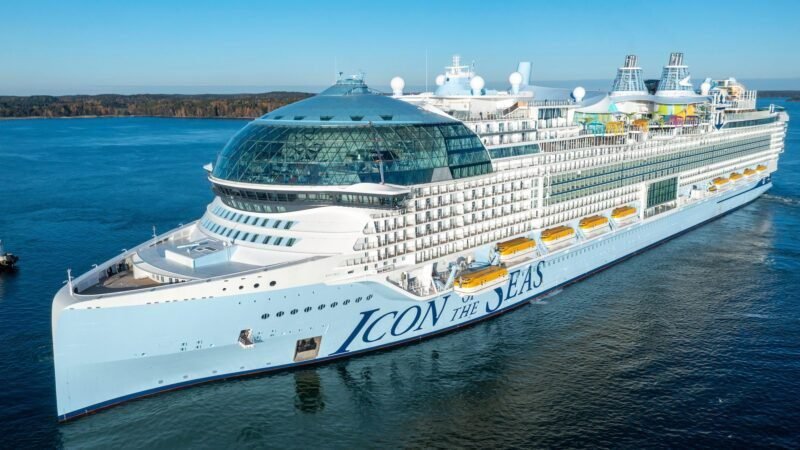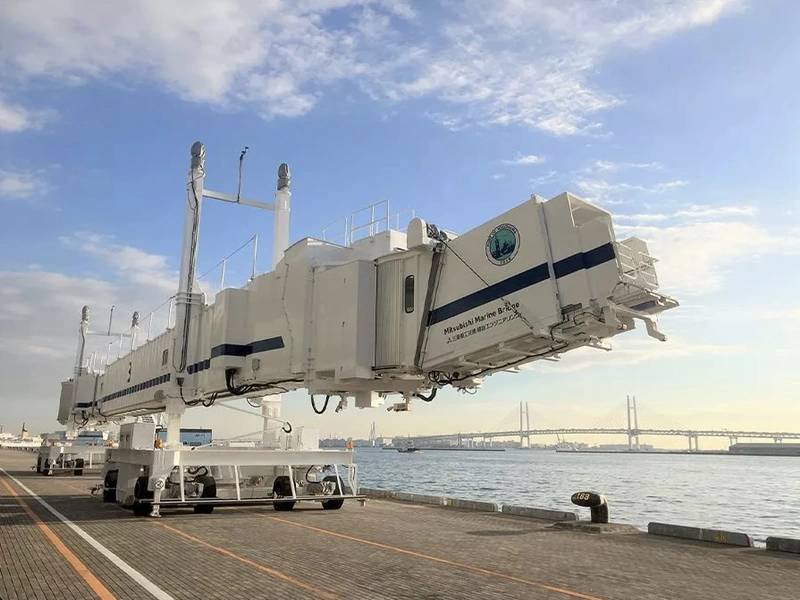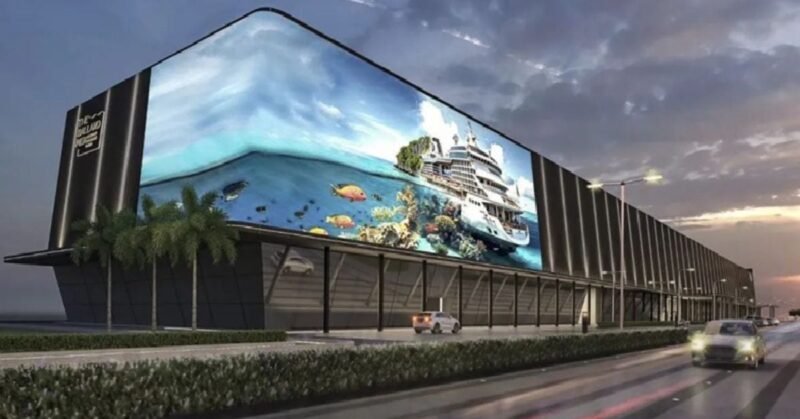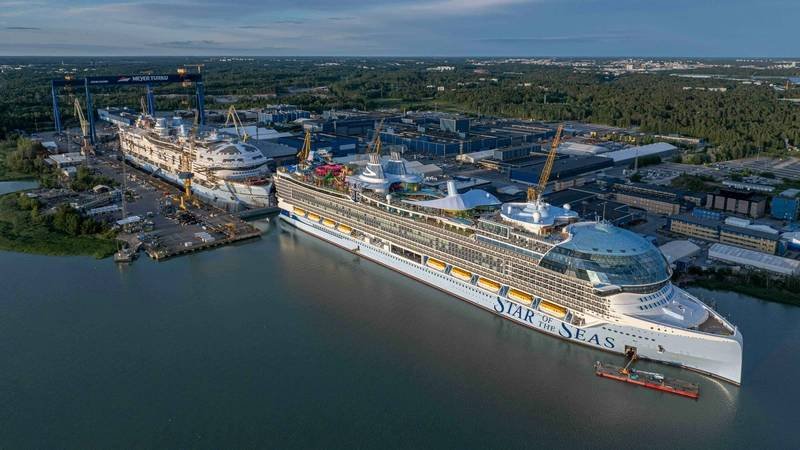The Royal Caribbean Sea icon, the largest cruise ship in the world, is set to begin its first official trip on January 27th. The ship features numerous amenities, but also raises concerns about its environmental impact due to greenhouse gas emissions. Research has found that taking a cruise can result in about twice as many greenhouse gas emissions as flying, and the emissions from cruise ships have already increased 6% higher than before the pandemic.
Despite the environmental concerns, the cruise industry is experiencing a surge in passenger interest. However, the industry is facing pressure to reduce emissions and become more sustainable. Cruise lines are working towards achieving net-zero emissions by 2050, with many ships now running on liquefied natural gas (LNG) as a more sustainable fuel. However, there are concerns about methane emissions from LNG-powered ships, and the industry is being urged to explore more sustainable fuel alternatives.
The cruise industry is also facing challenges in complying with new sustainability metrics and regulations, as the current metrics do not accurately account for the energy consumption of ships that are not continuously moving. There are also concerns that these metrics may inadvertently lead cruise lines to adopt itineraries with more sailing time, which could increase overall emissions. The industry is under pressure to address these challenges and improve its environmental impact.


















